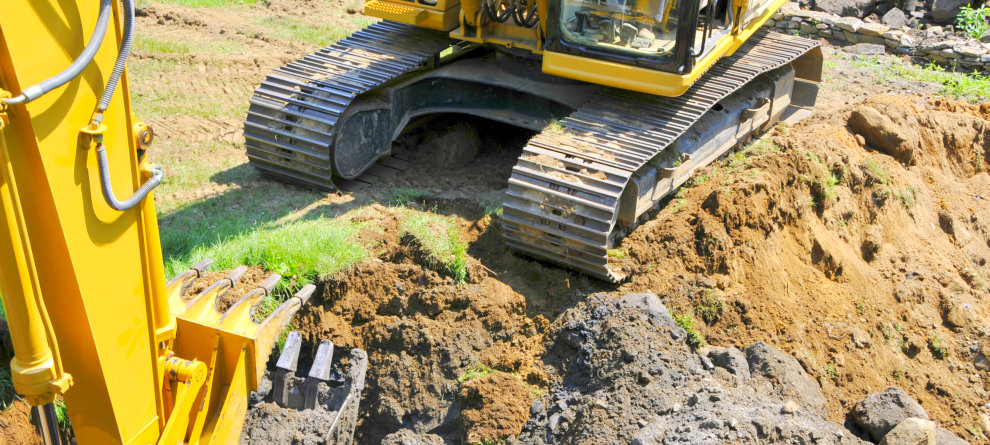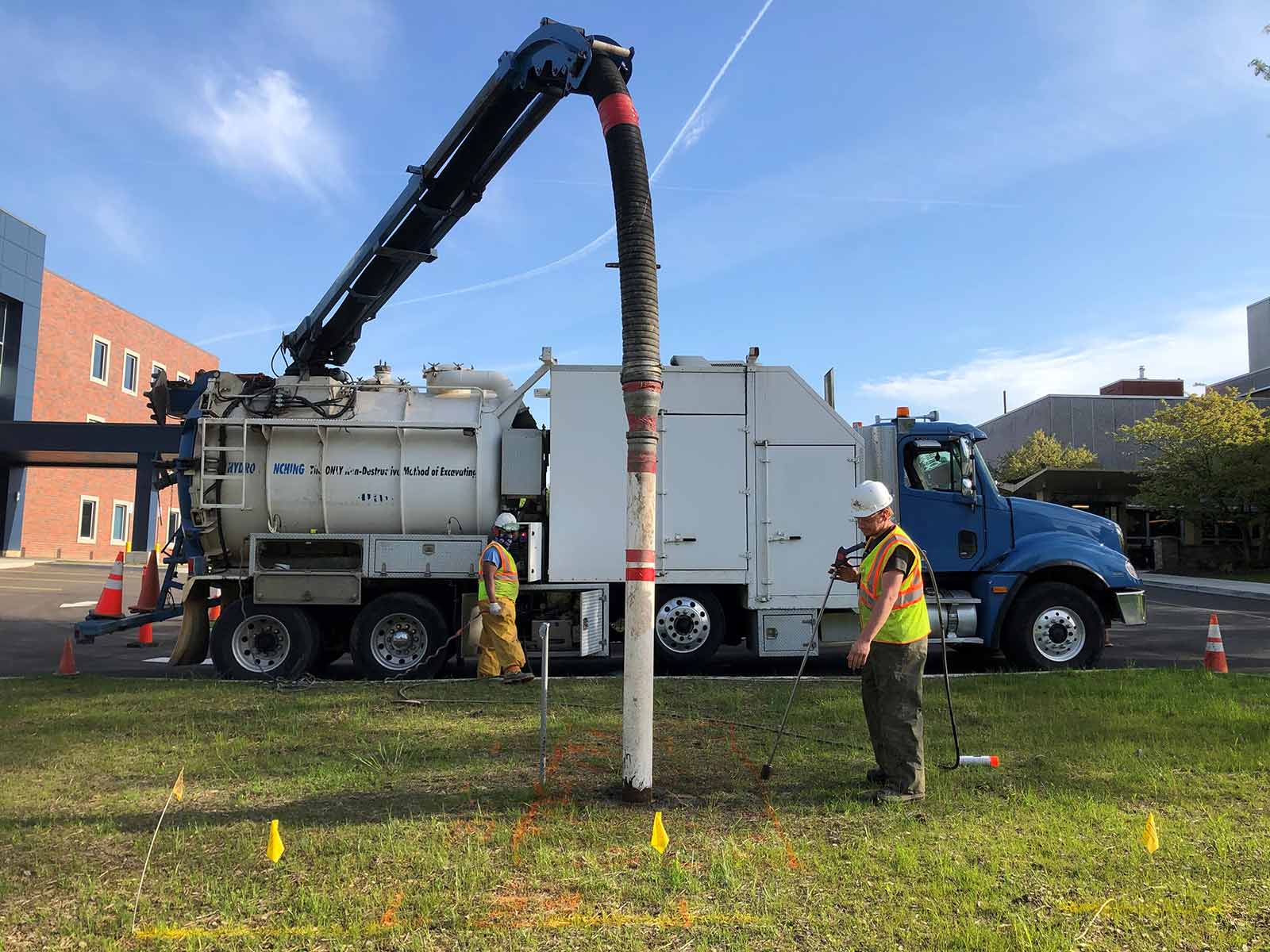Comprehensive Excavation Strategies: Understanding the Basics for Success
In the world of building and civil engineering, the value of reliable excavation methods can not be overstated. The mindful preparation, specific execution, and thorough interest to information needed in excavation projects require an extensive method that incorporates various fundamental elements. From initial dirt analysis to the application of precaution and normal progress monitoring, grasping these core components is crucial for attaining success in any kind of excavation endeavor. The true proficiency exists not just in comprehending these principles yet in flawlessly integrating them to navigate the complexities of excavation jobs with skill.
Recognizing Excavation Task Planning

The first stage of any type of excavation project is the preparation stage, where important choices are made that can substantially influence the end result of the task. Comprehending the job budget, timeline, and extent restraints is crucial for producing a detailed excavation strategy that ensures the job's success.
One key facet of excavation project preparation is the advancement of a thorough timeline that describes the sequence of tasks, deadlines, and landmarks. By carefully taking into consideration all these aspects throughout the preparation phase, excavation tasks can be executed efficiently and successfully, leading to successful outcomes - dump truck companies in ohio.
Dirt Evaluation and Website Analysis
Carrying out extensive dirt analysis and site analysis is a crucial action in the preparation stage of any type of excavation job. Soil evaluation includes establishing the structure, framework, and residential properties of the soil at the excavation website. This info is essential for comprehending the dirt's bearing ability, dampness content, and potential for erosion, which are key consider figuring out the excavation approaches and devices required for the task.
Site assessment surpasses soil evaluation and incorporates a broader assessment of the general site problems. This examination includes recognizing any kind of potential threats, such as underground energies, environmental concerns, or unstable surface, that might affect the excavation procedure. By completely reviewing the site, job supervisors can create effective excavation approaches that focus on security, effectiveness, and environmental security.
Making use of sophisticated modern technologies like ground-penetrating radar, dirt sampling, and drone studies can boost the accuracy and performance of soil evaluation and site analysis. Investing time and resources in these initial actions can ultimately save time and avoid costly hold-ups or problems during the excavation process.
Equipment Selection and Utilization
Effective excavation tasks depend heavily on tactical devices option and usage to make certain ideal performance and performance. Choosing the ideal equipment for the job is crucial in making best use of efficiency and minimizing downtime. Factors such as the kind of soil, deepness of excavation, and job extent play a substantial duty in establishing one of the most suitable equipment for the job at hand.

Along with selecting the appropriate devices, appropriate use is key to task success. Operators needs to be trained to take care of the tools safely and effectively - excavating ohio. Regular maintenance checks and timely fixings aid stop breakdowns and make sure regular efficiency throughout the task
Precaution and Laws Conformity
In the realm of excavation tasks, prioritizing safety and security procedures and conformity with laws is critical to guaranteeing a safe and secure and legally sound functional setting. Security measures include a variety of practices, including performing detailed site assessments, carrying out appropriate signs and obstacles, and giving adequate safety training for all workers associated with the excavation procedure. Adherence to policies, such as OSHA needs in the United States, guarantees that the excavation job fulfills the necessary requirements to protect workers, bystanders, and the surrounding atmosphere.

Surveillance Progress and Adjusting Methods
How can project supervisors efficiently track the development of excavation jobs and adapt their strategies appropriately to maximize results? Surveillance progression is essential for making sure that excavation tasks remain on track and meet target dates.

Conclusion
Finally, mastering the fundamentals of thorough excavation Click This Link techniques is important for the success of any job. By comprehending task planning, analyzing soil and site problems, choosing suitable equipment, conforming with security guidelines, and checking progress, job managers can make certain a reliable and smooth excavation procedure. Executing these strategies will certainly bring about effective end results and decrease potential dangers or problems throughout the excavation job.
The first stage of any type of excavation task is the preparation stage, where important choices are made that can substantially impact the end result of the task. Recognizing the task timeline, scope, and budget restrictions is crucial for creating a comprehensive excavation strategy that makes certain the job's success.
How can forecast supervisors efficiently track the advancement of excavation projects and adjust their methods as necessary to enhance outcomes? By carefully monitoring progression and being prepared to adjust approaches, project managers can enhance the overall success of excavation jobs.
By comprehending task planning, evaluating soil and site problems, selecting ideal equipment, abiding with security policies, and keeping track of progression, task managers can make certain a smooth and reliable excavation procedure.